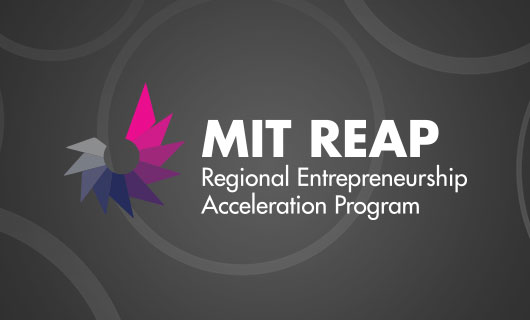
Steve Leonard
ChampionFounding CEO, SGInnovate

MIT REAP Team Singapore’s regional focus is on the city-state as a whole. SG Innovate is the backbone organization in MIT REAP Team Singapore. This is a strong team with aligned stakeholders representing government, risk capital, corporate, and university stakeholders, including Infocomm Investments.








Social progress and economic prosperity as a collective measure of development in a region.
Innovation-Driven Entrepreneurial Ecosystems are regional environments that effectively support startups focused on addressing global markets based on technological, process or business model innovation.
Ability to develop new to the world innovations from inception through to the market.
EXPAND ALL-Funding for research
-Government programs
-Competition policy
-Intellectual property policy
-Technology transfer and collaboration policy
-Nature of established companies in region
Coming soon!
Coming soon!
Coming soon!
Ability to start and build new to the world businesses from inception to maturity.
EXPAND ALL-Pool of entrepreneurs
-Quality of entrepreneurial education
-Accessibility of entrepreneurial capital (government, private, equity, debt, grants)
-New business creation policy
-Business law and business policy
-Government, corporate and consumer demand for new products and services
Coming soon!
Coming soon!
Coming soon!

Singapore hosts MIT’s Regional Entrepreneurship Acceleration Programme
READ MORE
Singapore launches fellowship to attract world’s best data scientists and technologists
READ MORE
Singaporean President Tony Tan hosts MIT delegation
READ MORE
S’pore offers to be test bed for urban solutions
READ MORE
Opening remarks by President Tony Tan Keng Yam at MIT Global Innovation Gala Dinner on 21 July 2015
READ MORE
Singapore to host MITs ASEAN entrepreneurship programme
READ MORE